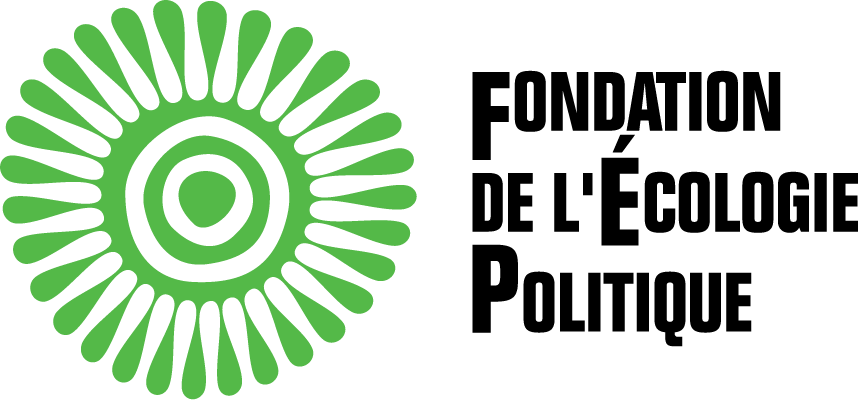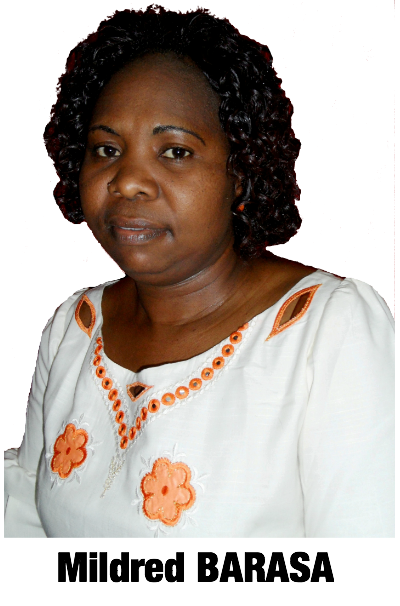This article is also available in French.
Cet article est également disponible en français.
It is common knowledge, that Africa is the worst hit continent by effects of climate change with very negative impacts notable on food and water security, human health, ecosystems and low-lying coastal communities.
This fact has been concluded by international bodies among them the Intergovernmental Panel on Climate Change (IPCC) and it is important to remember that of the ten countries most vulnerable to climate change, six are from Africa. They are; Congo, Ethiopia, Guinee-Bissau, Sierra Leone, South Sudan and Nigeria.
It is the unfortunate reality that led us to talking to some African delegates at the ongoing COP21 negotiations at Paris – France, with an aim of finding out what they think with regards to the international climate change talks.
Mr. Estomih N. Sawe is the Executive Chairman of Sustainable Energy Services Company (SESCOM), a nongovernmental organization from Tanzania. His organization works towards promoting and developing policies on low carbon development that is meant to mitigate effects of climate change in Tanzania.
Mr. Sawe avers that COP21 can generate a lot of recommendations however, what he thinks is most crucial for Africa as a continent is for the developed countries to deliver in terms of remitting adaptation funds to enable African countries especially the most vulnerable adapt to the effects of climate change.
“The funds will help in reduction of poverty in Africa, given that it will go a long way in not only providing education, agricultural extension services to the farmers, but will as well help people understand why they need to do away with deforestation and other misuse of natural resources,” said Mr. Sawe.
In order to achieve this noble course, Mr. Sawe added that African negotiators at the COP21 need to have very clear strategies to support the African position. He emphasized on the promotion of use of clean energy e.g. using more of solar, wind, hydro power and bio mass and education to the local people to use forests in a sustainable manner.
His sentiments are shared by Ms Fama Ndiaye a development worker from Senegal. Like Mr. Sawe, Ms Ndiaye emphasized the need for developed countries that are responsible for greenhouse gas emissions to honour their pledge in ensuring they give grants that will help in mitigating the effects of climate change.
In Senegal, she is a health worker and therefore knows just too well the effects of environmental degradation on the health of her people.
Said Ms Ndiaye, “Senegal is experiencing more cases of dermatological diseases, cancers, asthma especially among children among other illnesses. This has taken a tall order on the poor people who are most affected since diseases like cancer require a lot of resources to manage.”
She attributes the problems to what she terms as over using and reliance on petrol and oil something that continues to injure Africa.
 Mr. Credo Komigan Eze, a young delegate from Togo concured with his fellow Africans and added the problem of climate change has injured and continues to harm African countries and among the problems that have been added to the continent is what he terms as climate refugees.
Mr. Credo Komigan Eze, a young delegate from Togo concured with his fellow Africans and added the problem of climate change has injured and continues to harm African countries and among the problems that have been added to the continent is what he terms as climate refugees.
He warns that if not checked as soon as possible, the effects of climate change will worsen the problem of poverty in Africa. His organization known as Clean Energy for Africa (CLENA) works with the youth in twenty African countries to educate the local people on the importance of using clean energy on their day to day businesses.
CLENA promotes agro-ecology which he says is better than Smart agriculture and is therefore fit for Africa since no chemicals are used in crop production yet farmers harvest more yields as compared to contemporary farming.
Just like her three counterparts, Ms Ngoyoland Kambu, from DR Congo and a development worker too said that Africa cannot afford to leave COP21 in Paris without being compensated for the untold havoc that has been caused by the effects of climate change.
Like many development workers, she understands that women are important agents of change and that they hold significant knowledge and skills related to mitigation, adaptation and the reduction of risks in relation to climate change.
Women also experience climate change differently from men, and gender inequalities worsen their coping capacity for dealing with the impacts of climate change.
It is therefore imperative that as African countries and their negotiators ask for adaptation funds, there should be projects that will specifically take care of the women’s and minority rights.
Photos: Mildred BARASA
- The views expressed on this blog are those of the authors alone. They are published as a contribution to the public debate and do not necessarily reflect the views of the Fondation de l’Écologie Politique as an institution.

